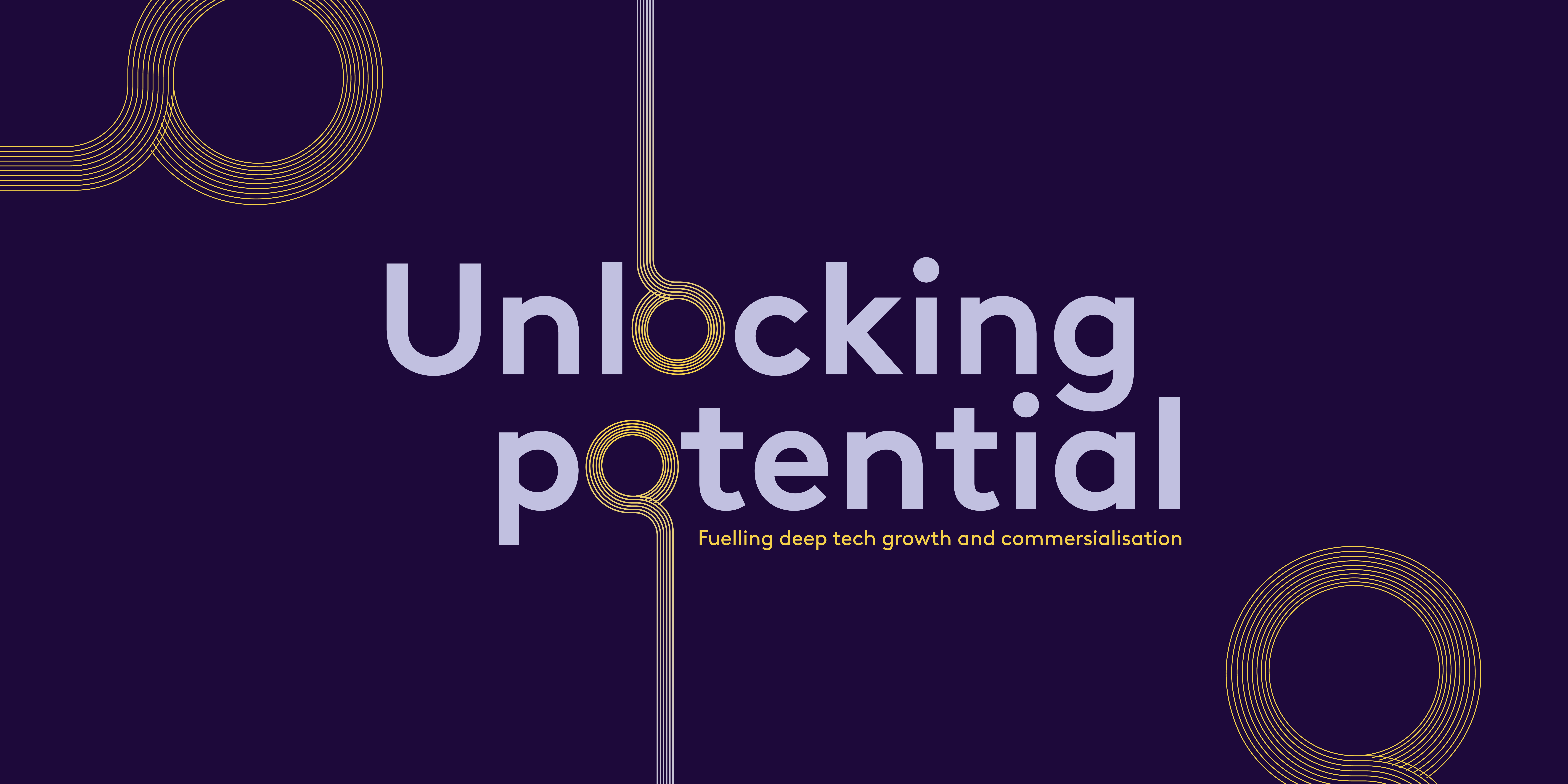One team, two approaches: the B2B Software opportunity
To best serve entrepreneurs, we organise ourselves into specialist teams. Our B2B Software team is the largest and this corresponds to the ocean of opportunity in the sector. To cover the full spectrum, the team takes two approaches: one aims at the startups destined for unicorn status, the other backs the more specific niche-dominators. Conor Scanlan leads the first of these and here gives us his view of the B2B Software landscape.
“Software is eating the world,” Marc Andreessen said back in 2011. Amazon ate Borders, Netflix ate Blockbuster… the truth of Marc’s prediction doesn’t need justifying ten years on. And today every sector, every niche, needs software. But the “software” Marc was referring to a decade ago looks, feels and acts very differently today. We’ve deployed our largest team to seek out and back today’s best B2B software entrepreneurs. So what are we looking for, and what does this say about the current state and future of software in the UK, Europe and beyond?
Product-led growth
One trend that we’re seeing more and more is software getting in through the back door. Historically, procurement was a laborious process: a 12 to 18 month cycle through gatekeepers that then required an extensive, expensive integration stage, technical engineers and maintenance contracts. End-users needed training and time to integrate new systems into their daily workflow.
Today, a product gets into the hands of end-users first. Zoom and Slack – the obvious examples – ease their way into the laps of a few people within an organisation, who effectively become advocates, spreading the word until critical mass is reached. The provider then contacts the organisation and offers an enterprise-style upsell, throwing in some extra features by which time, for the customer, it’s become a no-brainer.
In the past, a software business had to focus on the enterprise to thrive. Large sales teams groomed potential customers over months, if not years. Rewards were high, but so were the respective costs of acquisition. This model remains and the SAPs and IBMs of the world continue to thrive. However, these days entrepreneurs are building massive businesses that focus on small to medium customers, scattered around the world. Contracts are smaller, but as outlined above, acquisition is more organic and much less costly. Retention is high because end-users love the product, adapt it to their needs, then can’t live without it. Covid has proved this: good software products are no longer nice-to-haves that can be dispensed with when times are tough. Before, it might have been possible for a company to cut the SaaS contract and retrace their steps back to how things worked before (usually excel!). That is no longer an option – or a desire – with today’s “sticky” products.
Opportunities in every sector
A company we recently backed, Legl, founded by Julia Salasky is on a mission to become the digital infrastructure for law firms. It’s the perfect example of a nimble outfit, built by specialists (in this case, lawyers) and technologists. Legl is removing the time-consuming, admin-heavy work that lawyers can’t bill for, so they can focus on doing legal work. Another of our portfolio companies, Glofox, provides gym management software to studios and gyms in 60+ countries. The team’s ability to adapt its product through Covid, helping their customers retain 85% of their member revenue by adding online workouts and on-demand content. The company’s reach already spans the globe, from the US to Australia.
Startups like these are playing their part in “eating the world”. They’re doing it by keeping focus on their real value – their differentiation. Nimbleness and flexibility is a strength but also a potential weakness. As you expand your ICP across multiple verticals, the risk of losing MVP is run. The winners we’re seeing, are those who become integral to the workflow and deeply understand the processes of their core sector. As our Venture Partner, Howard Bell has said, “the courage of the leader is to say: this is what we’re doing. We can win here. Playing to win is a psychological attribute we get frustrated when we don’t see. The alternative is just spread betting.”
Room for all
As investors, we are seeking the founders of the next world-changing companies at the earliest of stages (Seed and Series A). Yes, these will be nascent unicorns and global players, inspired by the new giants coming out of Europe from UIPath (Bucharest) to Celonis (Munich), as well as the entrepreneurs eating up the world from below. Our team also seek these founders who are finding and occupying the niches, with the sharp focus and attention needed to delight their customers with brilliant, adaptable products.
Let’s end with a home-grown, contemporary quote of our own, from Octopus Venture Partner, Pete Daffern, ex-President of Netsuite: “Tech’s just getting going,” Pete says. “There are 100 times more ideas than there are people to fulfil them. And this will be the situation for the next 20 years.”
If this sounds like you and your company we would love to hear from you. Just get in touch with either myself, Lucy Clarke or Fred Ellis.













